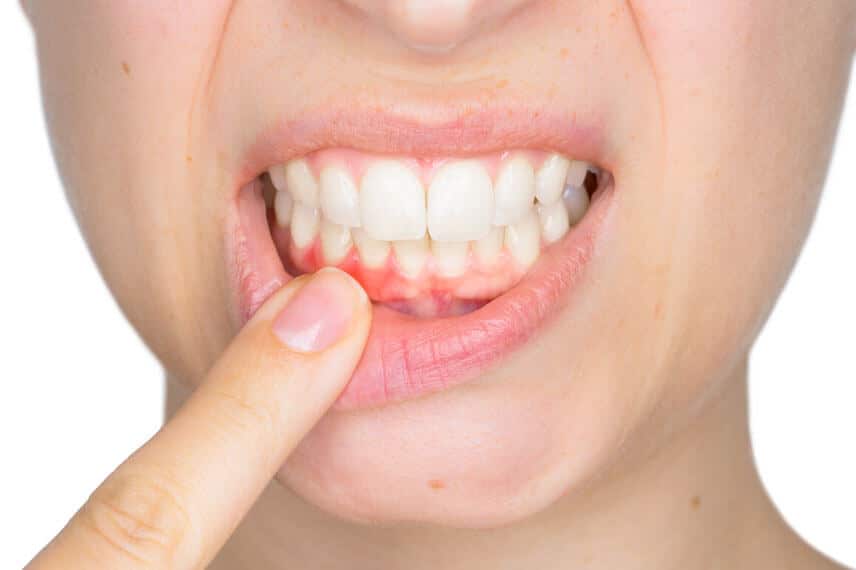
Periodontal (or gum) disease affects more than half of all adults in the United States, although not all cases of gum disease are the same. The three phases of gum disease that are most frequently used to define it, along with each stage’s signs and symptoms, will be covered in this blog post from The Good Dentist. Continue reading to learn more about maintaining good dental health.
Gingivitis
The early stage of gum disease is gingivitis. When plaque and tartar start to build up between your gums and your teeth, gingivitis develops. Your gums will start to be attacked and infected over time by the germs in plaque and tartar.
Gum sensitivity and pain, as well as gum discoloration and bleeding during brushing or flossing, are the symptoms that come from this. Additionally, the bacterial growth may result in persistent bad breath (halitosis), which persists despite regular brushing and mouthwash use.
In contrast to the latter stages of gum disease, gingivitis is totally curable. Dr. Ostromecki can clean your teeth and gums and stop any long-term harm to your mouth if you receive periodontal care from The Good Dentist right away.
Periodontitis
Gum disease’s intermediate stage is periodontitis. It is no longer possible to reverse the infection at this point in the progression of periodontal disease. Your mouth will suffer irreversible harm as a result of the bacteria in your gums attacking your gum tissue and the structure that holds your teeth in place.
Periodontitis is characterized by soft, “spongy” gums, gum recession (which lengthens the appearance of your teeth), highly tender gums to the touch, and sensitivity to taste. If you experience any of these symptoms, you must get medical attention right once.
While periodontitis cannot be fully reversed, like gingivitis, its progression can be stopped to safeguard your mouth’s remaining healthy teeth. To keep the infection under control, you will need regular periodontal cleanings for the remainder of your life.
Advanced Periodontitis
The most advanced form of gum disease is advanced periodontitis. Your gums and teeth have suffered severe harm from the infection at this stage of periodontal disease.
As a result, you may experience symptoms including a change in the way your teeth fit together, loose teeth, a buildup of pus between your gums and teeth, a bad taste in your mouth, excruciating chewing pain, and even complete tooth loss.
While advanced periodontal therapy and oral surgery may occasionally be able to keep your teeth, the majority of patients will need to have most or all of their teeth extracted and replaced with dentures. It is quite likely that you will lose at least some of your teeth if you have severe periodontitis.
Get The Help You Need To Treat Periodontal Disease – Contact Us Today!
Gum disease has different stages, yet they all share a similar trait. The sooner you receive treatment, the greater your chance of keeping your teeth and slowing or stopping the disease’s course. Don’t delay to seek treatment if you suspect you may have periodontal disease in Merton. Make an appointment with Dr. Ostromecki by contacting The Good Dentist online or by phone at (262) 538-0892 to receive the assistance you require to improve your oral health.

